The stages of a life are measured differently now from the days of Pirke Avot, a classical Jewish text from the second century. But in some sense, the work of those of us who have reached a mature age remains the same as it was back then: How do you apply the wisdom you have acquired to the rest of your life?
As senior rabbi of Temple Emanuel of Beverly Hills, I noticed that the people joining my synagogue tend to be families with young children and surprisingly, at least to me, baby boomers. Of the latter, each seemed to understand that there was less time ahead than behind, and were looking for ways to bring meaning and purpose to whatever time was left. Out of that curiosity, our project “The Next Stage: The Boomer and Beyond Initiative” began. All congregants between the ages of 50-75 were invited to be part of the initiative. More than 200 responded positively.
We held a series of house meetings to reflect on several questions. First: What does this time, this phase, this stage, mean to you? What are you looking forward to? What concerns do you have? Second: Was there a time when Jewish tradition and the Jewish community have been there for you at this stage? If not, can you imagine what “being there” might look like? Third: What kinds of changes would we need in the larger community to help us navigate this next stage?
Just bringing people together for these conversations was empowering. For many, especially the men, it was the first time they had ever shared their feelings about these questions … and though it was difficult, it was liberating. For others, being together like this was the beginning of creating community. The challenge that echoed through the conversations and has become the focus of the project is this one: Will our generation have the bravery to reimagine and redesign our own paradigms of living?
After four months of these house meetings, four themes emerged: What kind of communities do we need to cultivate now in order to age gracefully? What does Jewish tradition have to offer at this new stage of our lives? How do we give back and continue to learn from others? How do we plan for our future and the future of those we love?
These themes turned into research groups, which spent the next six months exploring the issues and eventually creating plans to translate this energy into concrete action. Along the way there have been low-hanging fruits. One is the revelation that mentoring isn’t only about professional issues but also about the sharing of life experience. Congregants have come forward asking for help navigating some of the challenging waters of life — dealing with a parent with Alzheimer’s, for example, or with their own recently diagnosed chronic illness. Others have offered to share their experience with similar issues, and we are trying to figure out how to be the shatchan, the matchmaker.
A second is the awareness of the need for creating new rituals for this stage. Just one example: Not long ago, I got a call from a congregant on her way to clean out her mother’s home after she and her sister had moved their mother to an assisted-living facility. She asked: “Rabbi, what is the prayer you say when you begin to close up the home you grew up in?” Yes, there should be a prayer!
A third is the understanding that our religious tradition offers spiritual tools for acquiring the wisdom that will help us age gracefully: cultivating character traits of gratitude, forgiveness, compassion. These take practice, spiritual practice. And they can be cultivated through prayer, meditation, study and the deepening of community.
Where will all this lead? I don’t know. But I do believe that our congregation will look different in the future because of this work. I believe that more baby boomers will stay connected to our congregation and that others will join because of this work. And maybe the larger Jewish community will begin to look different as well.
Who knows? Perhaps the cities of Los Angeles or Beverly Hills or Santa Monica will look different because we have advocated for changes in zoning that would permit intergenerational co-housing, or because we have pushed for thinking about traffic and public transportation in new ways. Maybe some of us will even live together, or live differently, because we have been conscious about choosing to age gracefully. But most important, perhaps people will understand that Jewish tradition and community can bring meaning and purpose to every stage of life.
Because this is so important, Temple Emanuel is organizing a city-wide Jewish community conversation on Nov. 9 called “The Next Stage: Looking Forward and Giving Back.” It will feature Marc Freedman, the creator of Encore.org and the author of “The Big Shift,” and will be co-sponsored by many other synagogues and the Kalsman Institute on Judaism and Health at Hebrew Union College-Jewish Institute of Religion. It will feature workshops on alternative visions of community, spirituality, synagogue best practices for engaging boomers and more. For more information contact nextstage@tebh.org. Come join the conversation.
Laura Geller is a senior rabbi of Temple Emanuel of Beverly Hills (tebh.org). This article was adapted from her comments made at the recent Milken Institute Successful Aging Innovation Summit.
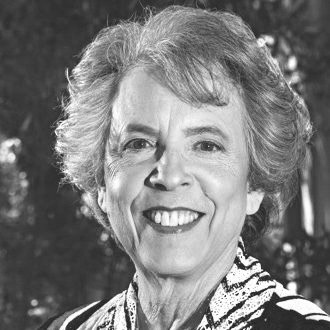







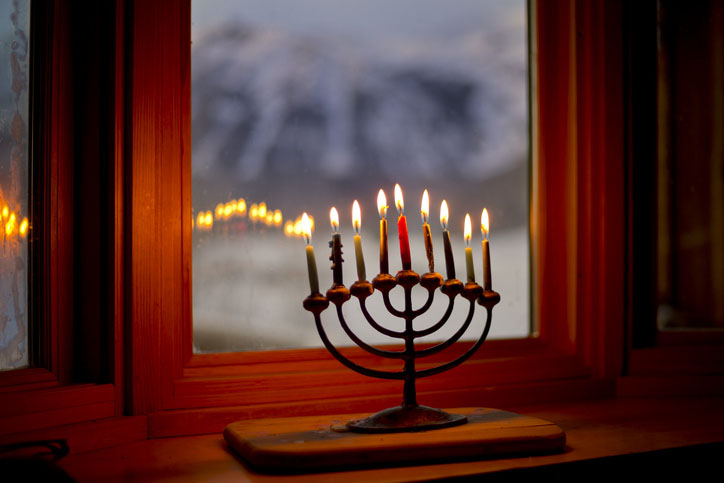
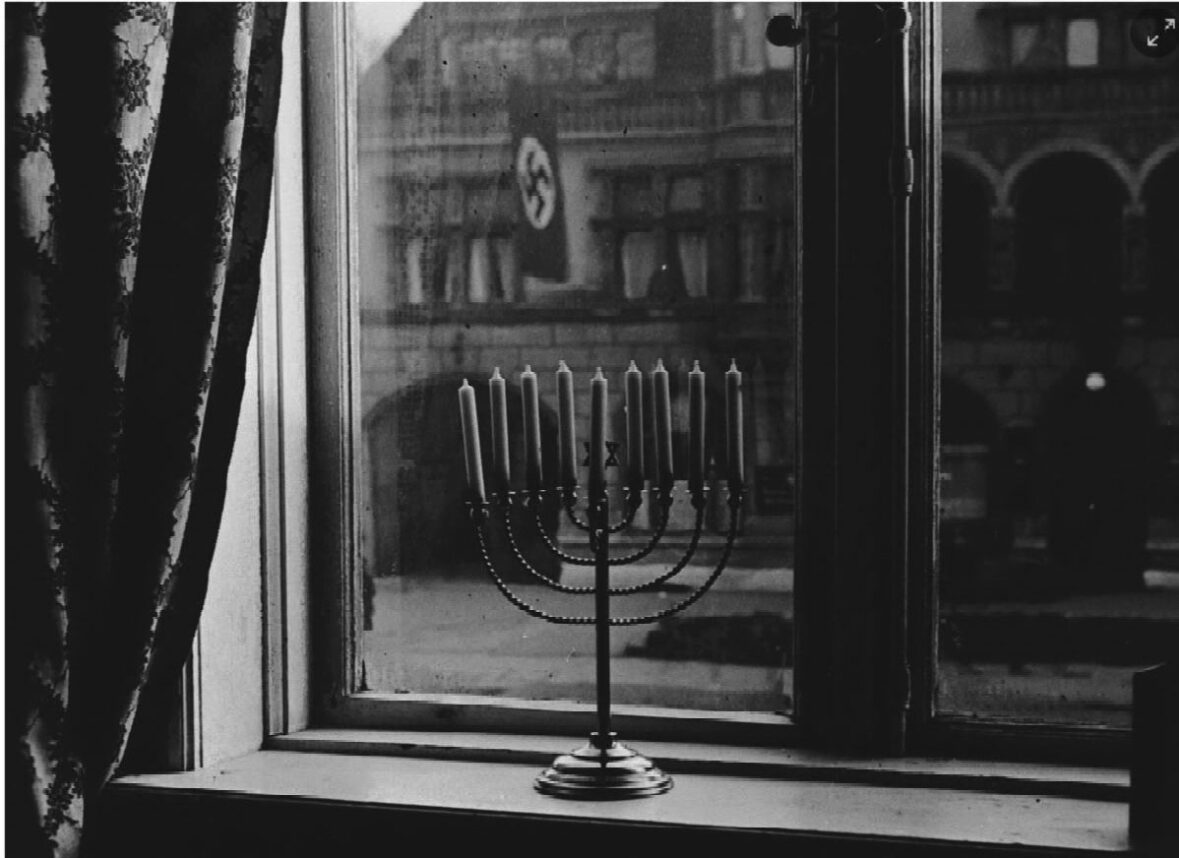
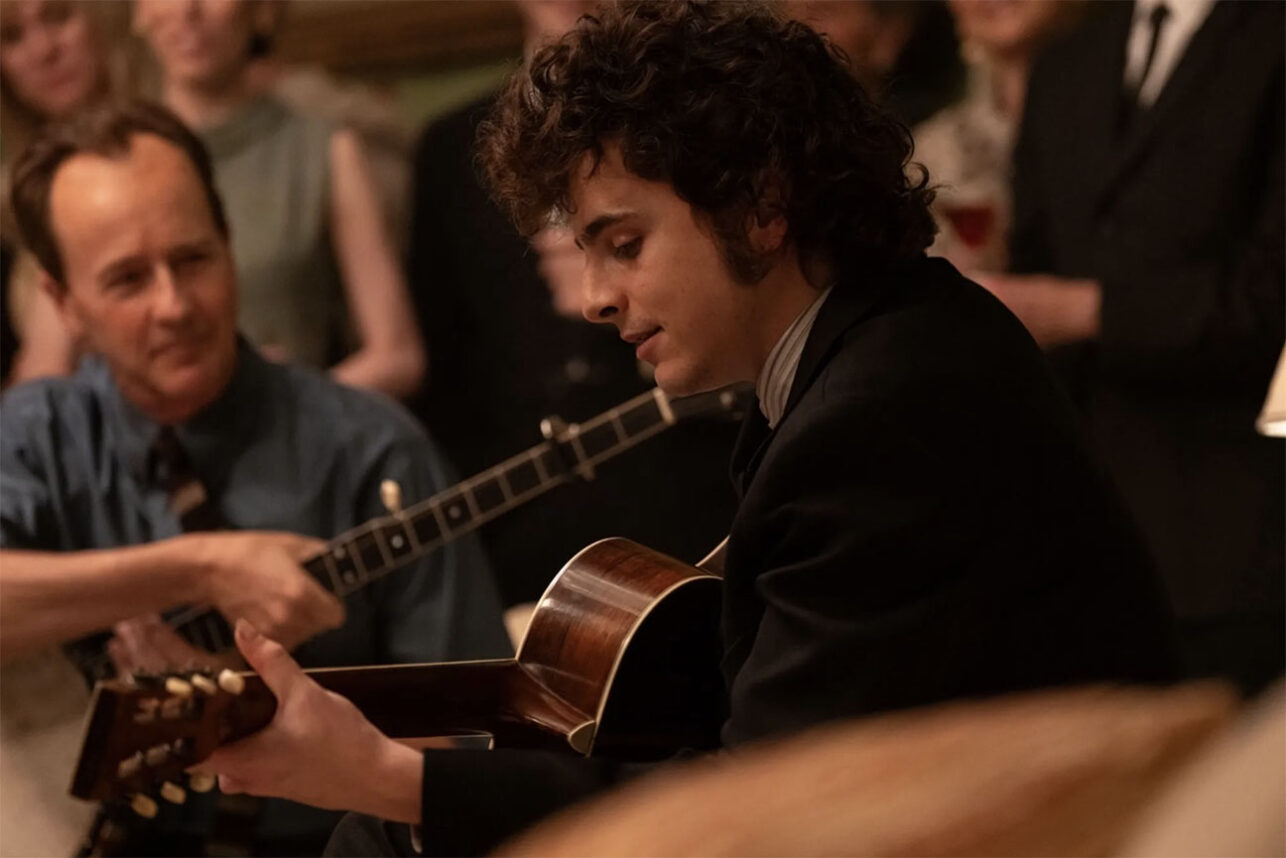
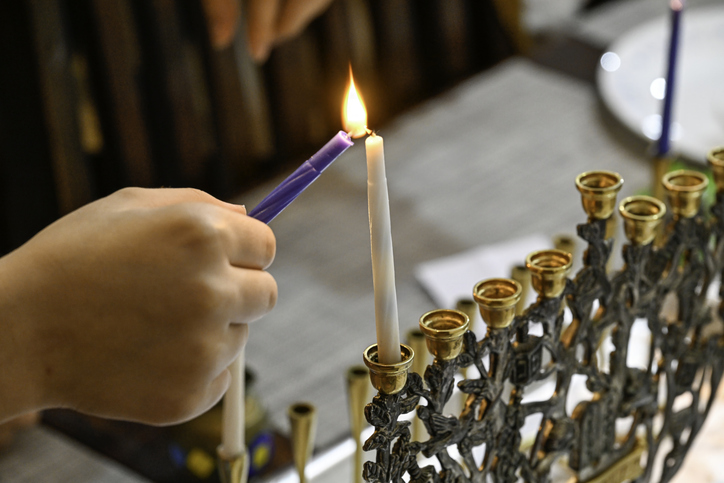

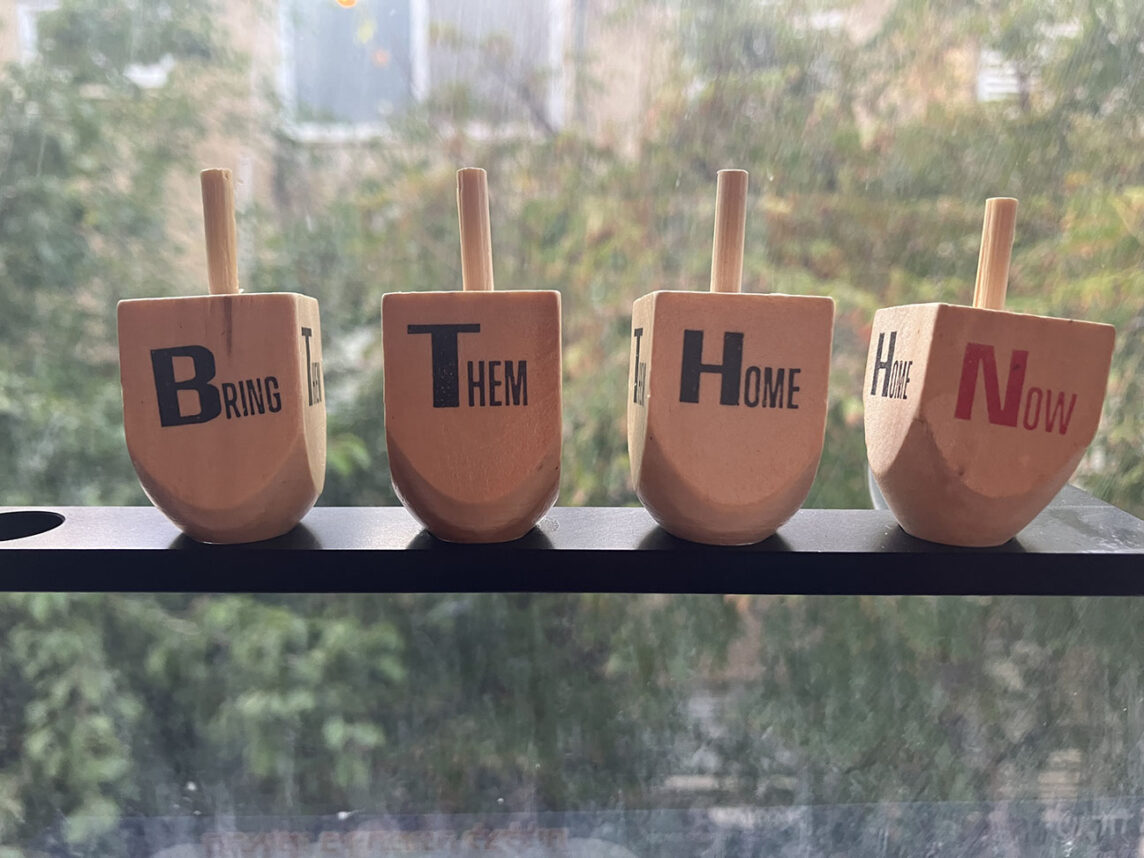
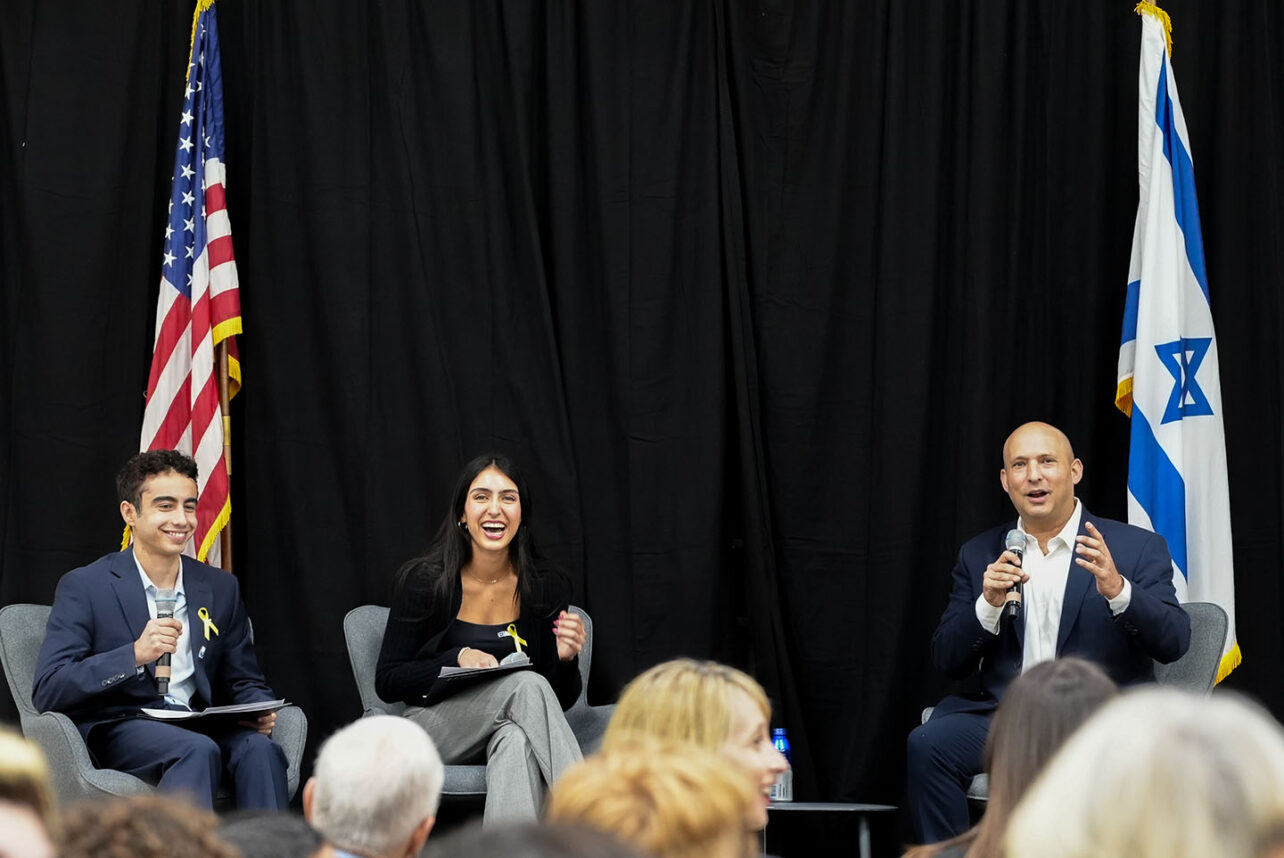
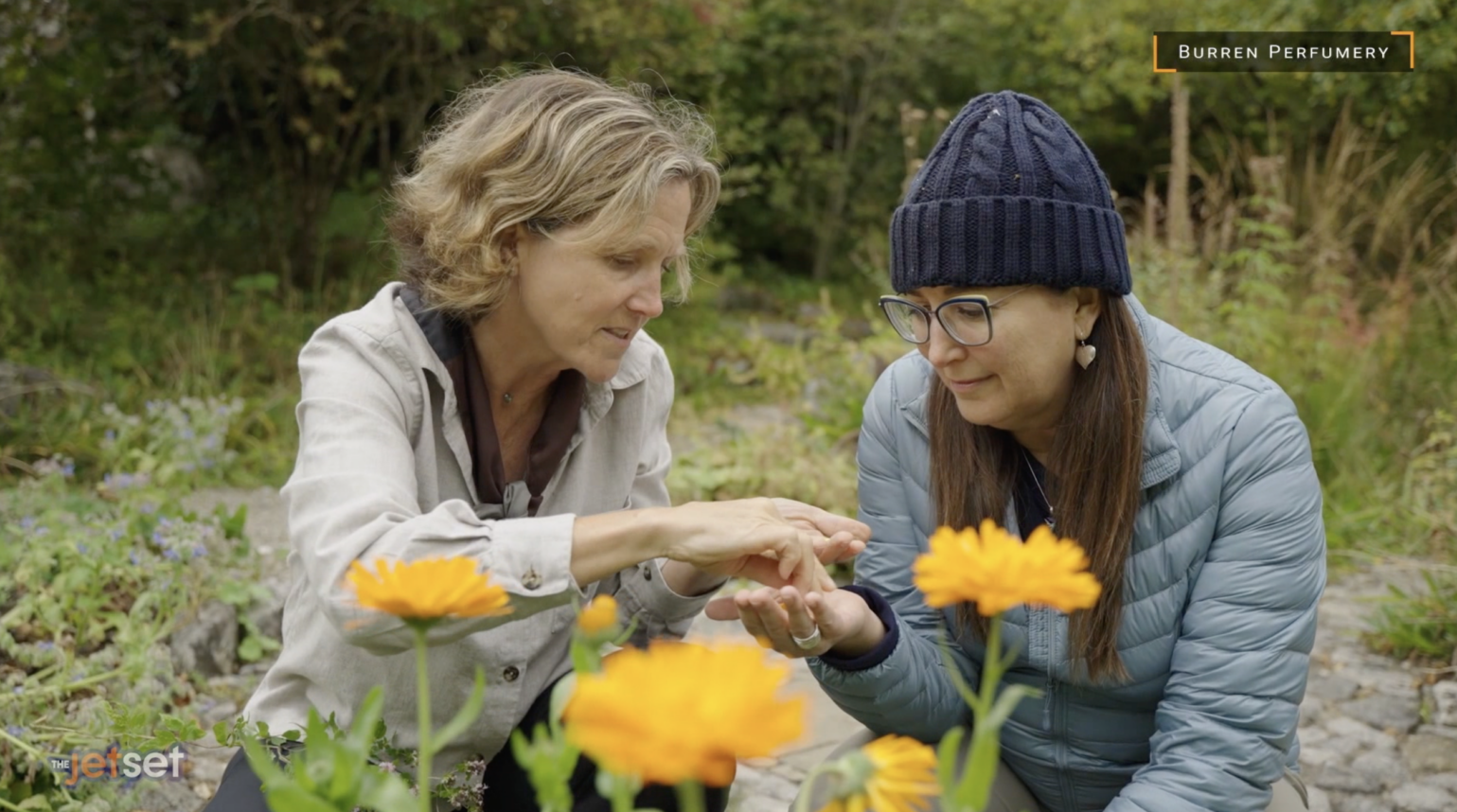






 More news and opinions than at a Shabbat dinner, right in your inbox.
More news and opinions than at a Shabbat dinner, right in your inbox.